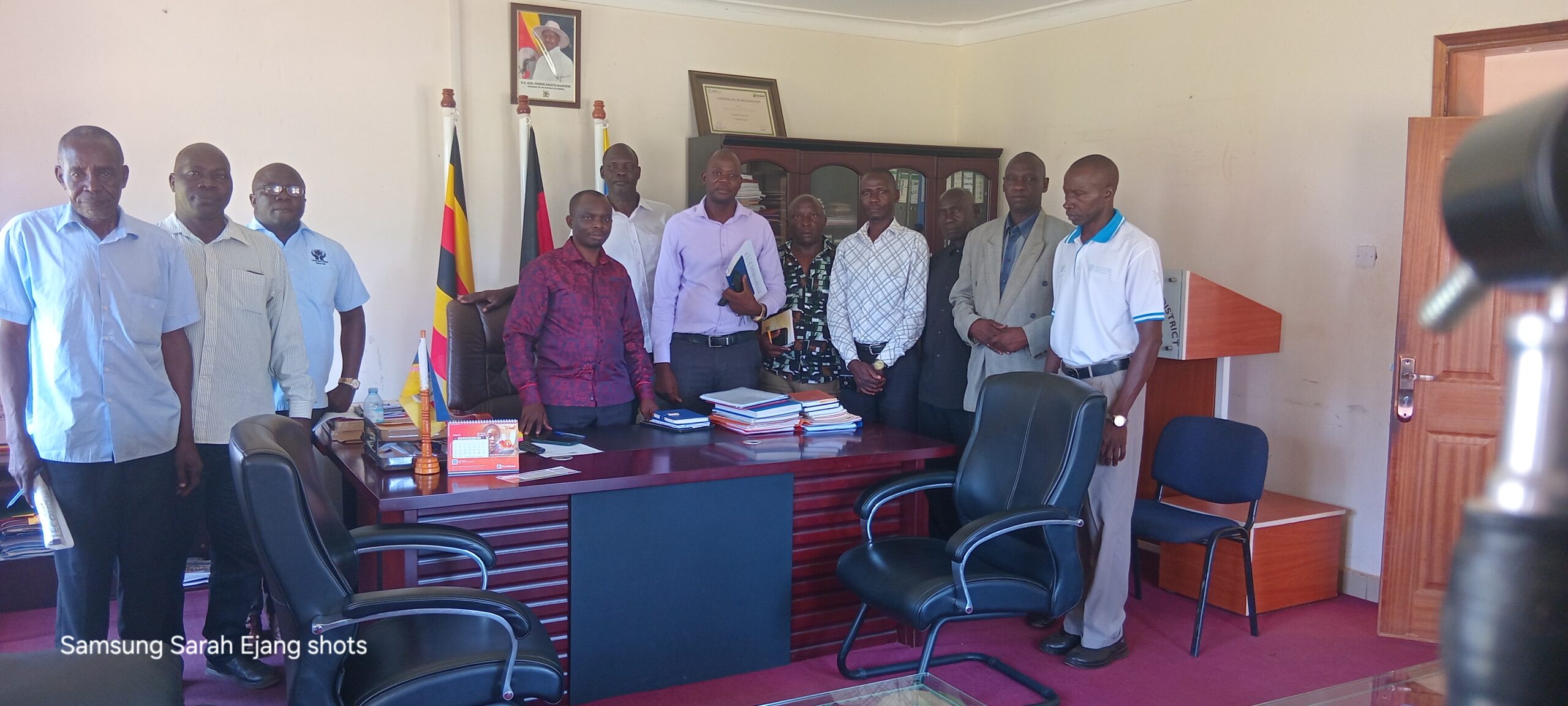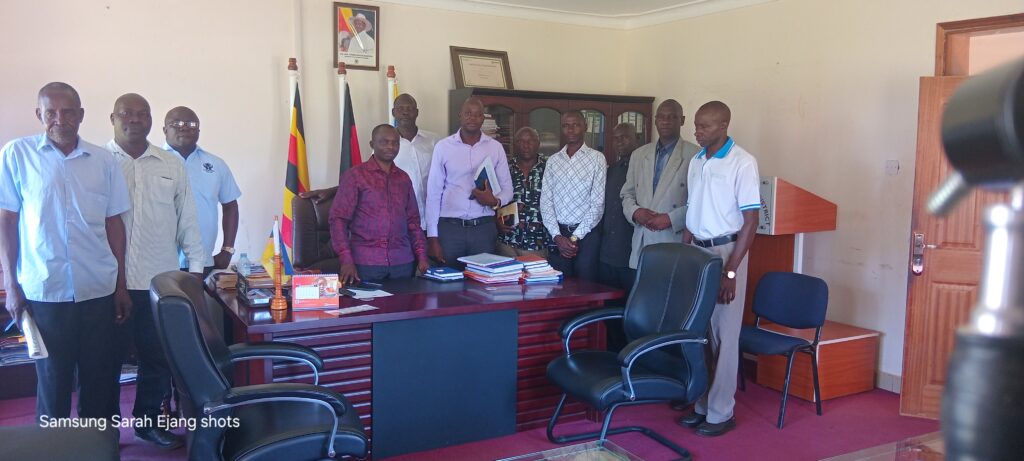
 Hot FM
Hot FM

 Hot FM
Hot FM
19 March 2025, 10:09 am
By Alphonse Odur

Leaders from Amolatar district are set to meet with the Attorney General next week, following a pivotal closed-door meeting held on Tuesday, 18th March 2025. This significant gathering, presided over by Chief Administrative Officer (CAO) Paul Mpiiwa in collaboration with the District Chairperson, resulted in the establishment of a committee tasked with addressing critical issues surrounding cattle compensation.
One of the primary topics discussed was the need to clarify the categories of individuals eligible for compensation. Geoffrey Ocen Kiring raised concerns about individuals who fear their cattle were taken when they were still minors, complicating their claims. The committee aims to differentiate between claimants who have pursued legal action and those who have not, ensuring fair classification and assessment of eligibility.
Another major concern is the verification process for claims. Mpiiwa expressed astonishment at the prolonged duration, over a year, taken to verify just 300 data cards issued to residents of Amolatar. This inefficiency raises questions about accountability, and the committee seeks to identify who will oversee the verification process and determine the total number of cattle eligible for compensation.
Ocen also proposed that the newly allocated data cards should be distributed equitably across all subcounties to ensure fairness and transparency. He stressed that cattle compensation must remain free from political influence and refuted allegations linking him to the issuance of data cards, clarifying that he is not a member of the verification committee.
Adding to the discussion, Dr Olum, the District Veterinary Officer, questioned the need for a verification phase, emphasising the importance of adhering to the court’s ruling. He argued that verifying claimants may not be necessary, given the circumstances surrounding the compensation process.
Pule Bonniface, the Assistant Resident District Commissioner, highlighted past mismanagement that has led to errors in handling the compensation process. He warned that implementing the new data card system must follow due process to avoid further complications.
Joel Alele Lango, the claimant coordinator, raised concerns over why Amolatar appears to be lagging behind in the compensation process. He noted that while the two-step verification approach was effectively conducted at the subcounty level, progress seems to have stalled at the District Intelligence Security Office (DISO). With over a thousand data cards in circulation, he warned that, at the current pace, verification could take more than three years to complete.
Criticism of the DISO office continued, with Patrick Eumu Kauma accusing it of causing delays. He alleged that some members of the General Intelligence Security Organisation (GISO) have misled the DISO regarding the status of cattle compensation matters. Eumu commended the subcounty verification committee for their efficiency, asserting their familiarity with beneficiaries and urging the district to prevent further delays.
As the meeting with the Attorney General approaches, it is clear that Amolatar district leaders are committed to resolving these pressing issues and ensuring their constituents receive fair and timely cattle compensation.